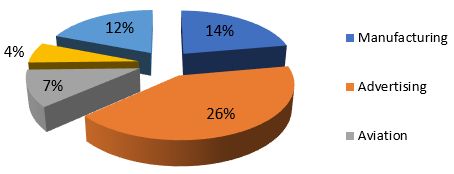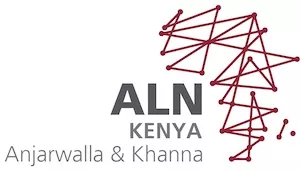- within Antitrust/Competition Law topic(s)
- within Antitrust/Competition Law, Technology and International Law topic(s)
- with readers working within the Metals & Mining and Utilities industries
Background
The Competition Authority of Kenya has increased its focus on enforcement against violations of antitrust laws, particularly restrictive trade practices (RTPs), abuse of dominance and cartel behaviour. For example, the Authority has conducted several investigations and dawn raids on undertakings. The consequences for breach are severe and include financial penalties of approximately USD 100,000 or 10 percent of turnover and imprisonment of up to five years.
What are RTPs?
These are agreements, decisions or practices involving entities or trade associations which have as their object or effect, the prevention, distortion or lessening of competition in trade in any goods or services in Kenya.
They include price-fixing, diving markets or imposing unfair conditions.
What is Cartel Behaviour?
A cartel exists when businesses collude to act together instead of competing against each other, usually resulting in higher prices and reduction in choice and quality for consumers.
What is Abuse of Dominance?
An entity is dominant if it produces, supplies, distributes or controls 50 percent or more of the total goods or services in the relevant market. However, an entity controlling less than 50 percent of the market could also be found to be dominant. Abuse of dominance includes imposing unfair prices or trading conditions to consumers or limiting market access to other players.
Percentage Distribution of Investigations by the Authority

The manufacturing and advertising industries have been the subject of the most investigations by the Authority. The investigations in the advertising industry have concentrated on allegations of price fixing, abuse of dominance and collusion. In the manufacturing industry, the investigations have focused on allegations of imposition of unfair prices, collusion, information sharing, market allocation and restrictive distributorship agreements.
| Powers of the Authority to Investigate | Sanctions that can be Imposed |
The Authority has power
to:
|
|
Interested in learning more about this topic?
We will be sending out a series of articles and also organise a seminar to discuss the implications of the Authority's increased focus on violations of the Competition Act and how it may affect your business. If you wish to receive these articles or attend the seminar, please e-mail AKevents@africalegalnetwork.com.
The content of this article is intended to provide a general guide to the subject matter. Specialist advice should be sought about your specific circumstances.



